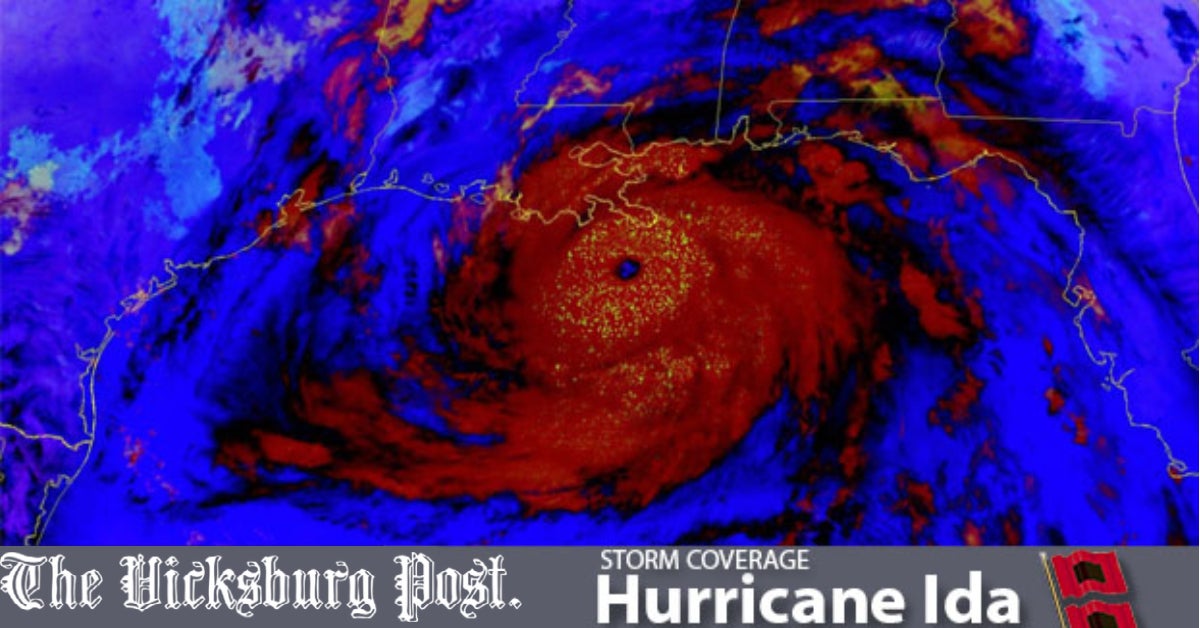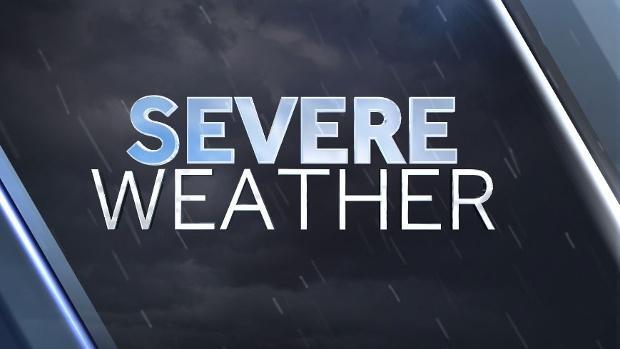Vicksburg Fire Chief: Paramedics in ‘bottleneck situation’ due to increased emergency calls
Published 3:49 pm Sunday, August 29, 2021
Vicksburg Fire Chief Craig Danczyk has a message for those who are oxygen-dependent in Warren County: “If you don’t need to go to the hospital, don’t go to the hospital.”
During an emergency briefing for Hurricane Ida, Danczyk addressed the room and explained some potential issues in terms of his department, paramedic availability and protocol regarding some medically vulnerable people.
First addressed was the availability of portable oxygen tanks.
“If you’re oxygen-dependent and you lose power and your machine does not work, we cannot get bottles. We do not have the capability to sustain 50,000 people for that,” Danczyk said. “If anybody gets the call. … We do not have the ability to bring you a portable oxygen bottle and leave it with you.”
Danczyk said first responders will be able to transport oxygen-dependent individuals to the hospital or to another secure location with electricity as needed; the issue lies primarily with leaving portable tanks with people.
“If law enforcement is out and they call and say, ‘Grandma needs oxygen and we have no power,’ we’ll have to move grandma to a place that has power,” he said, addressing local emergency management personnel. “We don’t need to get inundated with unnecessary checks. If you run across that, don’t promise something you can’t deliver.”
Given Mississippi’s current struggles with the Delta variant of COVID-19 and overcrowded hospitals statewide, Danczyk also explained the stress that increased calls places on paramedics.
The average call volume is 5 and a half ambulance calls per 24-hour shift, but Danczyk said lately that number is doubling on some shifts.
“We all know the hospital situation. If you don’t need to go to the hospital, don’t go to the hospital. They’re stressed. Everything is stressed, medically,” Danczyk said. “Our paramedic workforce has a lot of stress on it.
“When you’re having eight, nine, 10 (calls), and you’re having to go to the hospital for two or three hours waiting on that room, it is a miserably long 24-hour shift,” he said. “Our people are getting broke. We see the media coverage about the hospital and they’re going through it, too, but it’s filtering down to the paramedic level.”
Danczyk described the stress on paramedics as a “bottleneck,” saying that due to lack of available staffed beds, at times, stretchers are treated as another ER room.
Merit Health River Region provided comment via a Facebook post encouraging those in the path of the storm to stay safe and avoid dangerous situations.
“Thanks to our emergency preparedness planning, our hospital is prepared to assist our patients and employees 24/7, as always,” the statement read. “Remember, if you experience sudden symptoms that could be a medical crisis, don’t delay care. We thank all the local emergency management officials and other city and county agencies who are working tirelessly to prepare for the potential impact of the storm.”
As of Aug. 26, there were 1,607 COVID-positive patients in Mississippi hospitals. The metric for local hospitalizations and ventilator use is still “under revision,” according to the Mississippi State Department of Health.






